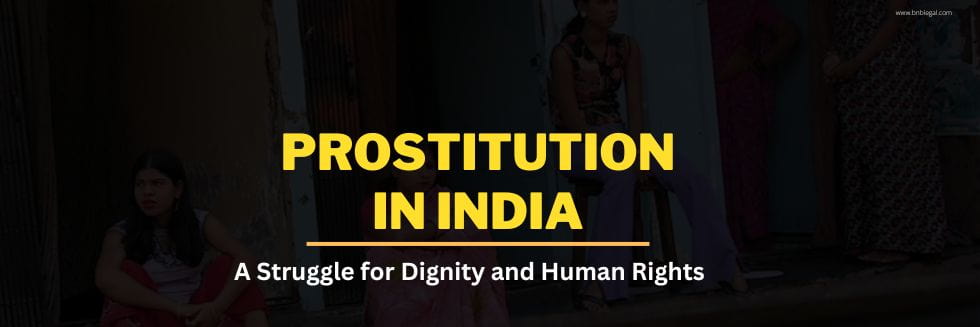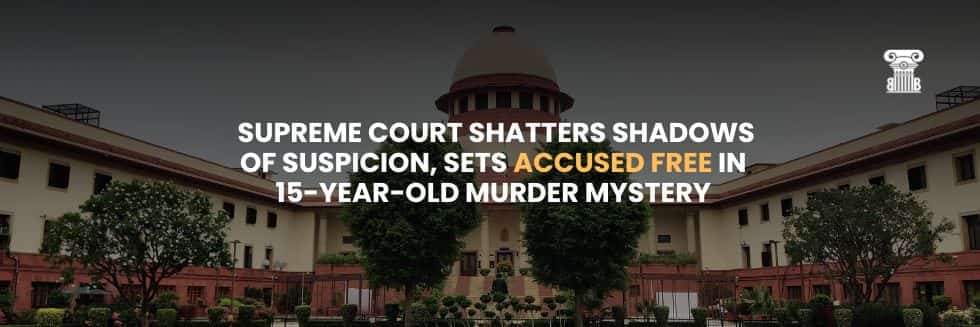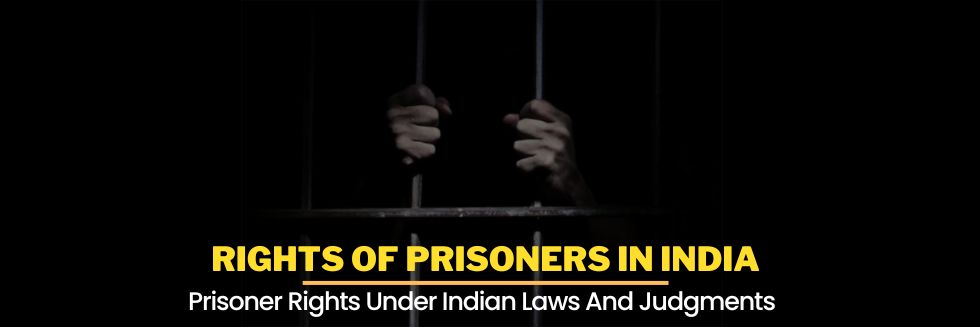Prostitution has been given many names over the years like ‘honey-trap,’ ‘thirst-trap’ or ‘lover boy-trap,’ and everyone is quite aware of them, however, do people actually acknowledge themselves knowing it? Since time immemorial, prostitution has existed in the society. Sex workers have been called ‘VISHYA’, ‘BESHYA’ or ‘DEVADASI’. In contemporary times, Kamathipura or the Red-Light Street in Mumbai which is a fairly large sex industry, second to Sonagachi in Kolkata, is one of the largest habitats in Asia. This area has 1 to 14 streets or alleys which are known for excessive prostitution and have brothels in every corner of the buildings.
In reality, these places are more than just the brothel capitals or home to the sex industry. They are just like any other “normal place,” with people living there, merchants selling food, textiles, and stationery as usual, and kids laughing and playing in a nearby corner. But many girls there grow up to be prostitutes like their moms, as though prostitution is the only way they can support themselves. Living in a society which is very woke and open when it comes to women’s rights, hygiene and safety, the hesitation behind the topic of prostitution is astonishing as well as mind-boggling. In such a situation, one must question, WHAT DOES THE LAW THINK ABOUT PROSTITUTION?
Trends in Law
Although prostitution is not expressly forbidden in India, some of the practices which are connected to the web are The Immoral Traffic (Prevention) Act of 1956 (ITPA), which makes several actions specifically unlawful, including running a brothel, living off the proceeds of prostitution, soliciting or enticing a person into prostitution, trafficking in children and women for the purpose of prostitution, and more. For instance, while private prostitution or receiving payment for sex may not be criminal, operating a sex racquet is. According to the ITPA, “prostitution” refers to the commercial exploitation or abuse of a woman for financial advantage, and “prostitute” refers to the person who profits from it. Prostitution is also covered by the Indian Penal Code of 1860, but solely in relation to children.
Some cases that have played a very substantial role in bringing a change to the lives of sex workers in India have been jotted down in brief below.
In the case of BUDHADEV KARMASKER v. STATE OF WEST BENGAL (2011) 10 SCC 354, the court while understanding the gravity and sensitivity of the situation held that “No girl would ordinarily enjoy this kind of work, but she is compelled to do it for sheer survival. Most sex workers come from poor families, they are subjected to ill-treatment by the owners of the brothels, they are often beaten, not given proper food or medical treatment.”
When the case reached the Supreme Court, it considered the socioeconomic condition of sex workers in its judgement and order dated February 14, 2011. The Court ruled that prostitution is a legal profession and that sex workers have the same constitutional and fundamental rights as other citizens. The court also stated that every Indian citizen, regardless of his/her profession, is entitled to a life of dignity, which is protected by Article 21 of the Indian Constitution. The Pradip Ghosh panel, which the Supreme Court appointed to review the matter, issued suggestions that served as the basis for the Court’s directive in this judgment. Moreover, the court upheld the suggestions of the panel which provided easy and effective methods for sex workers to have ration cards, voters’ identity cards and bank accounts.
In the case of KAJAL MUKESH SINGH AND ORS. v. THE STATE OF MAHARASHTRA 2020 (4) BomCR (Cri) 172, the High Court of Bombay held that “The fundamental rights of the citizens enshrined in this part of the Constitution stand on the higher pedestal vis-a-vis statutory right or any other right conferred by the general law. In view of this position of law, the victims being major, their fundamental rights to move from one place to another place or to reside at a place of their choice and choose their vocation has to be considered. They cannot be subjected to unnecessary detention contrary to their wish and should be asked to reside in the corrective institution.”
The profession of prostitution has been decriminalized in countries like Canada, Argentina, Germany, and the Netherlands and is subjected to the same labour laws as any other profession. They have taken action to recognize the work as being, as honourable as any other and re-establish the fundamental rights to life, liberty, and the pursuit of happiness. Legally speaking, prostitutes are classified as employees, and the municipality oversees upholding industry working standards for them. Taxes and VAT are collected from prostitutes for the services they render. Moreover, operators of brothels are also required to have valid liquor and food licenses if they plan to serve customers.
Conclusion
Prostitution is one of the best specimens of how ‘STIGMA’ and ‘PREJUDICE’ can affect a person, an institution, and a whole country. Sex workers suffer humiliation, criticism, and confidentiality violations. Due to a variety of factors, sex workers are vulnerable to assault. They are more susceptible to physical abuse from family members and their partners due to the stigma attached to sex employment. They prefer not to name their occupation when seeking treatment at public or private hospitals since they have already experienced stigma and discrimination. Therefore, it is challenging for sex workers to defend their health and well-being.
Additionally, it is relatively difficult to decide that only positive effects will follow if more stringent laws are made. On one side, if prostitution is recognised sex workers will have easier access to medical facilities, which will help in the prevention of the spread of STDs, and on the flip side, if it can be brought forth that recognition of prostitution will not stop the spread of STDs; instead, it would make it worse since more people will engage in sexual activity. To address the issue, recognition of prostitution alone will not be sufficient; instead, our nation needs a uniform regulation dictating how it should be handled and accepted to be more than just a stigma or taboo. Regulation of prostitution will help prevent the exploitation of sex workers and their offspring. It will safeguard sex workers’ rights in addition to their physical as well as mental health.
This article is written and submitted by Khushi Verma during her course of internship at B&B Associates LLP. Khushi is a 3rd Year student BA LLB student at UILS, Panjab University, Chandigarh.







